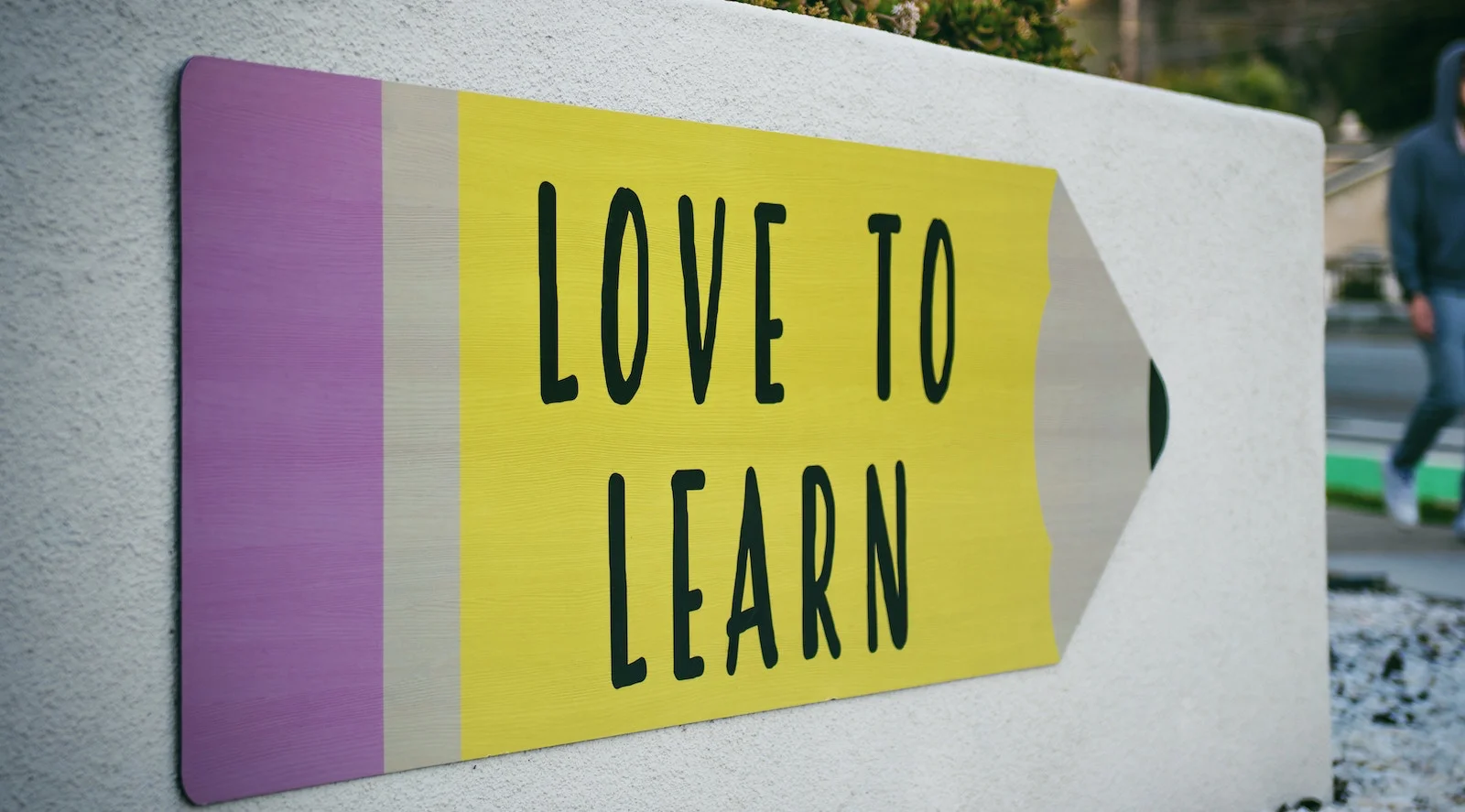Master the basics of cryptocurrency and kickstart your learning journey with our comprehensive guide, tailored for beginners in the digital space.
Cryptocurrency has revolutionized the world of finance and has become an increasingly important part of the digital economy. As interest in cryptocurrencies continues to grow, understanding and learning about them has become essential. This comprehensive guide is designed to help beginners learn about cryptocurrency, providing valuable resources and practical tips to get started.
I. Understanding the Basics of Cryptocurrency
What is cryptocurrency?
Cryptocurrency is a digital or virtual currency that uses cryptography for security, operates independently from a central authority, and relies on a decentralized system, typically a blockchain. Cryptocurrencies are characterized by their decentralized nature, digital form, and enhanced security due to the use of cryptography.
How do cryptocurrencies work?
Most cryptocurrencies are built on a distributed ledger technology called blockchain, which is a chain of blocks containing transaction data. This technology ensures transparency and security.
Cryptocurrencies rely on cryptographic techniques to secure transactions, control the creation of new units, and verify the transfer of assets.
Transactions in cryptocurrencies are verified by miners, who use powerful computers to solve complex mathematical problems. In return, miners are rewarded with new coins.
Popular cryptocurrencies
- Bitcoin (BTC)
Bitcoin is the first and most widely recognized cryptocurrency, created in 2009 by an unknown individual or group of individuals using the pseudonym Satoshi Nakamoto. - Ethereum (ETH)
Ethereum, launched in 2015, is a decentralized platform that enables developers to build and deploy smart contracts and decentralized applications (dApps) on its blockchain. - Other altcoins
There are thousands of alternative cryptocurrencies (altcoins) available in the market, such as Ripple (XRP), Litecoin (LTC), and Cardano (ADA), each with its unique features and use cases.

II. Learning Resources for Cryptocurrency
Online courses and tutorials
Various platforms offer courses on cryptocurrency and blockchain, such as Coursera, Udemy, and Khan Academy. Some courses are free, while others require payment.
For beginners, consider taking courses like “Bitcoin and Cryptocurrency Technologies” on Coursera, “Cryptocurrency Investment Fundamentals” on Udemy, or “Blockchain Basics” on Khan Academy.
Blogs and websites
Websites like CoinDesk, Cointelegraph, and CryptoSlate are renowned for providing up-to-date news, analysis, and insights about cryptocurrencies and the blockchain industry.
There are many niche blogs that cater to specific interests within the cryptocurrency space, such as technical analysis, investment strategies, or specific projects.
Books and e-books
Some popular books for beginners include “Mastering Bitcoin” by Andreas M. Antonopoulos, “The Age of Cryptocurrency” by Paul Vigna and Michael J. Casey, and “Cryptoassets” by Chris Burniske and Jack Tatar.
For those who want to dive deeper, books like “Mastering Ethereum” by Andreas M. Antonopoulos and Gavin Wood, and “The Internet of Money” series by Andreas M. Antonopoulos offer more advanced insights.
Podcasts and YouTube channels
Podcasts such as “Unchained” by Laura Shin, “The Bad Crypto Podcast,” and “Epicenter” offer in-depth interviews, news, and discussions about cryptocurrencies. YouTube channels like “DataDash,” “Ivan on Tech,” and “Boxmining” provide informative content on market analysis, tutorials, and project reviews.
Podcasts and YouTube channels provide a convenient way to learn about cryptocurrencies while commuting, exercising, or during leisure time, and can help reinforce concepts through engaging visual aids.
III. Engaging with the Cryptocurrency Community
Social media and forums
Platforms like Reddit, Twitter, and Telegram host various cryptocurrency-related communities and channels, offering opportunities to learn from experts and engage with other enthusiasts.
Follow influencers, join relevant groups, and participate in discussions to gain insights, ask questions, and network with experienced individuals in the cryptocurrency space.
Local and online meetups
Websites like Meetup.com and Eventbrite can help you find local cryptocurrency and blockchain-related events, workshops, and meetups to attend.
Participating in meetups allows you to meet fellow enthusiasts, learn from experts, and stay updated on the latest trends and developments in the industry.
Conferences and workshops
Major industry conferences, such as Consensus and Blockchain Week, bring together professionals, developers, and enthusiasts from around the world to discuss the latest trends, advancements, and innovations in the cryptocurrency and blockchain space.
Attending conferences and workshops allows you to network with industry professionals, enhance your knowledge, and acquire new skills through hands-on sessions and workshops.
IV. Practical Steps to Get Started with Cryptocurrency
Setting up a wallet
There are various types of cryptocurrency wallets, including hardware, software, and paper wallets, each with its pros and cons.
Always prioritize security by choosing a reputable wallet, enabling two-factor authentication, and backing up your wallet regularly.
Buying and trading cryptocurrencies
Select a cryptocurrency exchange to buy, sell, and trade cryptocurrencies. Popular exchanges include Coinbase, Binance, and Kraken. When choosing an exchange, consider factors such as security, fees, and available trading pairs.
Exchanges charge various fees, including transaction fees, withdrawal fees, and deposit fees. Ensure you understand the fee structure before trading. Additionally, learn about trading pairs, which represent the trade between two cryptocurrencies.
Investing in cryptocurrency
Long-term investment strategies, such as “hodling” (holding onto your coins) and dollar-cost averaging (buying a fixed amount of cryptocurrency at regular intervals), are popular among beginners and experienced investors alike.
Investing in cryptocurrency can be highly rewarding but also carries inherent risks due to market volatility. Always conduct thorough research and invest responsibly.
Conclusion
In summary, learning about cryptocurrency is essential in today’s digital economy, and this guide offers a comprehensive starting point for beginners. By understanding the basics of cryptocurrency, exploring various learning resources, engaging with the community, and taking practical steps to get started, you can begin your journey into the world of digital currencies.
Remember to share this article with others who may be interested in learning about cryptocurrency and take advantage of the resources provided to expand your knowledge and skills. With dedication and persistence, you’ll be well on your way to becoming a knowledgeable participant in the ever-evolving world of cryptocurrency.